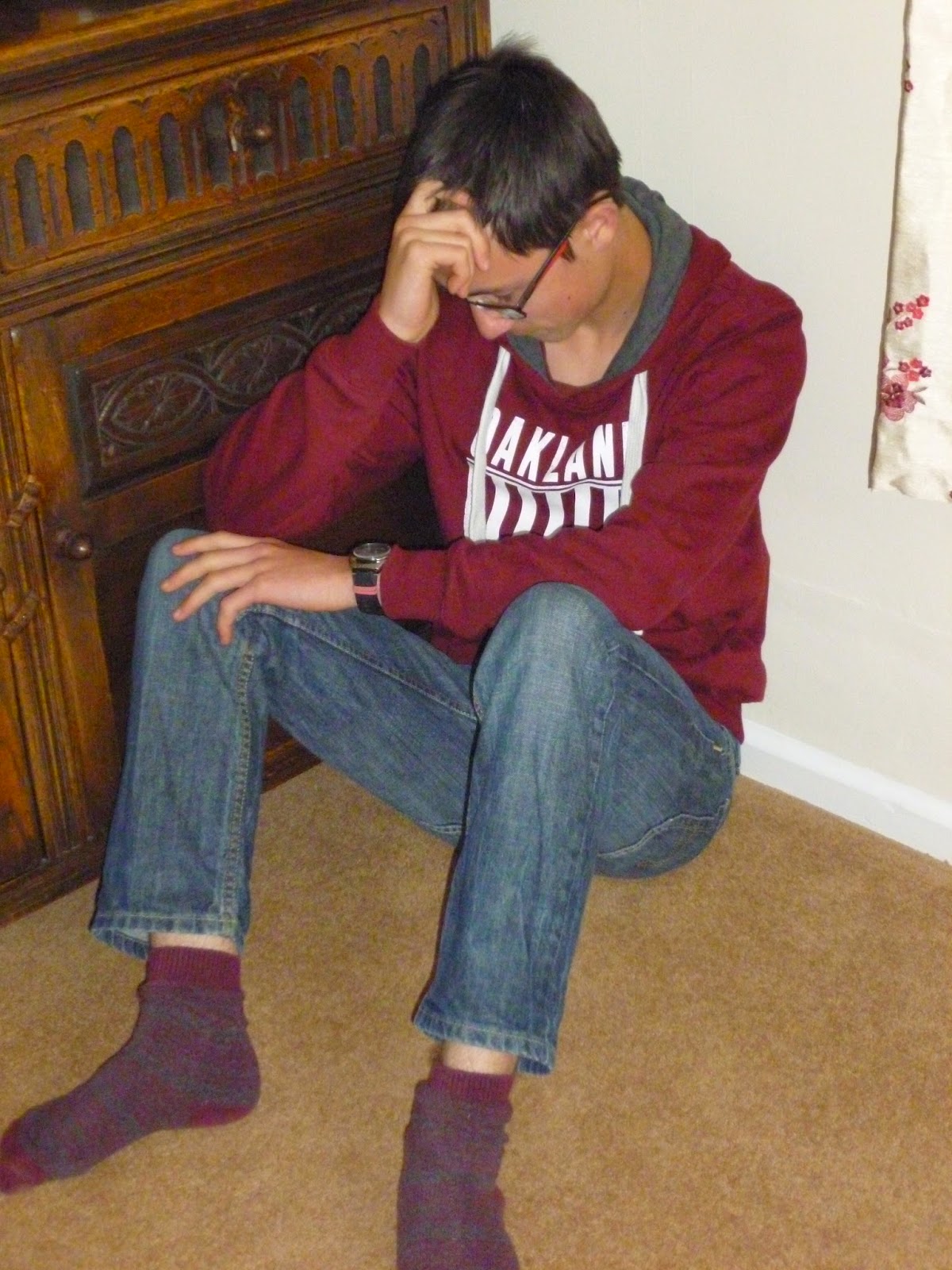I am often faced with a great deal of scepticism where
reflexology is concerned. For example, an old school friend once said
scathingly, “If I have a headache, why on earth would I ask you to rub my
feet?” A convincing response to such dismissive attitudes is difficult. I can
tell him that there seems to be a correlation between points on the feet and
other parts of the body based on observations made by both practitioners and
recipients, but I can’t offer what can be regarded as a scientific explanation.
Indeed, anatomists would claim with justification that there is no demonstrable
link. I can retort that there are well over 7000 nerve endings in each foot and
this may give rise to some correlation that is not yet understood. I can
suggest that stimulation of the cardio vascular and lymphatic vessels in the
feet and ankles may lead to some, as yet unexplained, connection. I can refer
to Chinese Medicine and the meridians through which chi (energy) is said to
flow through the body and how releasing blockages in one area can have
beneficial effects on another area but what I can’t do is prove the connection
in terms accepted by the scientific community.
The case for reflexology being a science is not helped by
the variations in published foot charts displaying the map of the foot used by
reflexologists. In truth, although always similar, I don’t think I have seen
two that are the same. Add to this the reports of different reflexologists finding
correlations in different areas of the foot and reflexology starts to look
nothing like a science. For example, where there is a problem with the sinuses,
some practitioners work on the base of the toes and others on the top both with
reported success. The thyroid seems to respond to slightly different areas
around the pad of the big toe and so on. Where then is the science?
Science requires demonstrability and repeatability topped
with an understanding of the reason that certain results follow. It is said to
be objective, a system for acquiring knowledge that helps to form a framework
of our overall understanding of the universe.
To defend reflexology to those of a scientific bent, I can
refer to the growing body of research that confirm some of the effects and
associations claimed by reflexologists and I can take heart from the fact that
many in the medical profession are now ceasing to worry about the scientific
explanation, being happy to accept the beneficial results. I can refer, also,
to the methodology used by practitioners during a reflexology treatment and
claim a scientific approach to clinical reflexology in general but, alas, I am
a long way from being able to claim that it is a science. More of a
pseudo-science some would say!
So does that make reflexology an art? Again, I have
something of a dilemma. An art can be seen as a way of expressing or conveying
subjective ‘knowledge’ or emotions in order to influence the world around us.
It is a method of invoking a similar or sometimes very different or personal
emotive response in the recipient. I suppose that can be said of reflexology.
Also, when working on a client I sometimes wonder if the area of the foot which
theoretically relates to, say the kidneys simply provides a focus for my powers
of perception. Does the area relate to the kidneys merely because I make it so
by focussing my energy on the kidneys? After all, good reflexologists are
energy healers. Without that power, just going through the motions of a
treatment will be far less effective. Again, this starts to sound more like an
art than a science.
In conclusion, I cannot deny that there is a strong element
of the subjective in Reflexology suggesting it is an art, but this should not
detract from the observable results that it achieves. I believe there is a
science involved albeit that the scientific understanding of this is still in
its infancy. One should also remember the element of the subjective or art in
all good scientists. A good doctor, for example, is someone who displays more
than just the theoretical knowledge of his profession.



